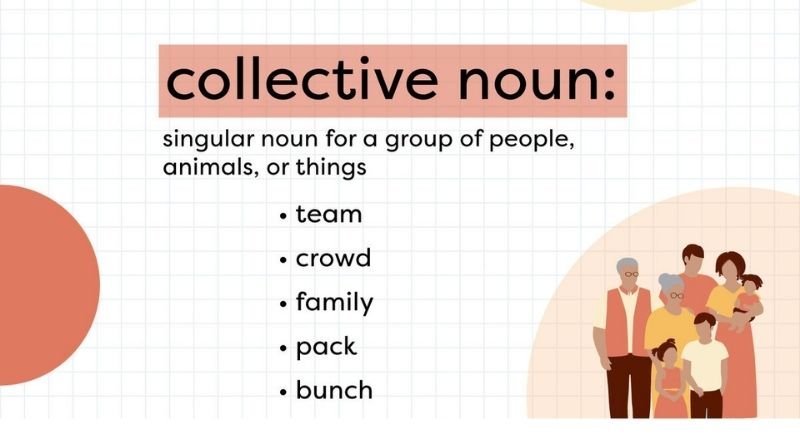CRM Training: 7 Steps to Building an Effective Sales Team
Learning CRM software can seem like a daunting task, especially when you’re busy learning everything else it takes to run your business. Luckily, there are seven steps that you can follow to make CRM training much more effective and productive for your sales team and your business as a whole. If you follow these steps every time, you’ll find your sales team able to use the system more easily and effectively as they do their jobs, resulting in more happy customers and more profits in the long run. Let’s get started!
Step 1 – Begin With Why
It is important for your sales team members to feel as though they are a part of something bigger. The more invested they are in the success of the company, the more motivated they will be. When crafting a training plan, start with why. Begin by asking them why they got into sales in the first place and what motivates them. Then work backwards from there and ask them why again on each subsequent step of the process. In this way, they will have an understanding of where their hard work is leading – towards that sense of accomplishment and meaning which defines long-term success as much as revenue or customers numbers do.
Step 2 – Develop Your Strategy
One of the best ways to train your team members on CRM is by having them use it themselves. They’ll get a better understanding of how the system works, which will make them more effective when they go out and prospect. It’s important that your team knows how you want to track potential prospects because different strategies work for different companies. You may decide that you want prospects who are emailing or visiting your website tracked differently than someone who has inquired through social media, phone or text messaging.
Step 3 – Create a Process Roadmap
Create a Process Roadmap A road map can be used for many different things, from taking someone on a scenic route through a new country to mapping out the steps needed to successfully launch a new product. CRM training is no different! Make sure you develop a process roadmap so you have one document that maps out all the necessary steps involved in your sales strategy. This will make it easy for everyone involved in your sales team to know exactly what needs to happen and when they need to be doing it, so that nothing falls through the cracks.
Step 4 – Implement Your Sales Funnel
CRM training won’t do you any good if you don’t have a sales funnel set up. CRMs allow you to map out your sales process and identify the people who need what it is that you’re selling. It will help put into perspective how much time and effort is needed in order for someone to complete the sale, which will ultimately help with your timing on how much follow-up contact should be made with the customer or prospect. You can also see where your biggest challenges are, if they exist at all. What these next steps have in common is that they all involve making changes on your CRM after implementing them properly, as well as following up. These last few steps will help push that potential sale over the edge.
Step 5 – Make Sure You Communicate Clearly
All of your efforts will be wasted if you do not take the time to provide training. Providing proper CRM training not only helps build customer relationships, but it also creates an effective sales team that can win any business negotiation. Give a clear explanation about what needs to be done and why, then show examples of how your process can help make the prospect more successful.
Step 6 – Test and Iterate
Making a sale is difficult. To make matters worse, how you lead the person you’re trying to sell something can affect whether or not they buy. For example, if you say you should buy this product and they don’t believe in what you’re saying, they’ll push back because they want the best for themselves.
It’s like selling ice in Eskimo country. I’ve been told it’s impossible.
You need not worry about that with your CRM training! There are some clever ways of letting people know that your product is what they need without coming across as pushy and overbearing. Here are 7 steps for CRM training that will help you build an effective sales team.
Step 7 – Keep Everyone Motivated with Accountability Measures
Motivation is important, but there are also times when you need a little accountability. When the opportunity presents itself, give someone the power to reward or penalize other team members based on how they perform on their tasks. Don’t get too carried away; this is not about being strict and restrictive, but about motivating everyone with a few incentives and penalties.











